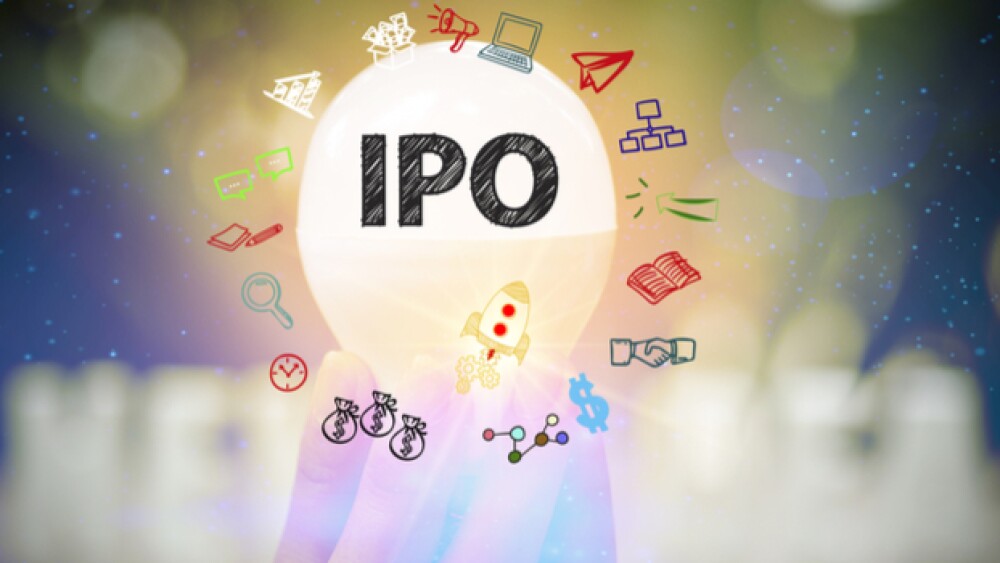Gossamer Bio has been the poster child for biotech companies struggling with IPO launches during the shutdown.
Gossamer Bio has been the poster child for biotech companies struggling with IPO launches during the shutdown. It initially filed with the U.S. Securities and Exchange Commission (SEC) for its IPO on Dec. 21, 2018, the day before the U.S. federal government shut down.
With the government shutdown, the SEC’s automated website was accepting IPO registration, but not reviewing filings. As the shutdown dragged on for a record 35 days, a number of companies that had filed IPOs began considering alternate approaches using a loophole. One such approach was to change the language of the registration filing and skip over the rest of the SEC review, going directly to market. The company picks its IPO prices and waits 20 days. Then the listing is fixed at that price.
On Jan. 23, Gossamer filed for the alternate IPO path. In it, the company proposed selling about 16.5 million shares, as well as about 2.2 million shares to underwriters, at $16 each. That path locked the price for 20 days. However, two days later, Trump agreed to open the government for three weeks.
On Jan. 30, Gossamer Bio announced it had filed an amended Form S-1 with the SEC, restoring the amended language and picking the traditional pathway. The IPO terms were unchanged, but it requested an accelerated review of the IPO paperwork to allow it to go public before the 20-day date.
Maybe they got the last laugh. The company finally got on the market and raised $276 million, exceeding expectations. Although far short of Moderna’s record-breaking IPO in December that brought in $604 million, it exceeds that of Orchard Therapeutics’ $200 million raised in October and Guardant Health’s $237.5 million IPO. Allogene Therapeutics had an original IPO goal of $288 last year but raised a stunning $372.6 million.
Gossamer Bio stayed with its price of $16 per share, but investor interest was such that it increased its offering to approximately 17.3 million shares.
On Wednesday, Alector raised almost $176 million at $19 per share. The company launched a Phase I trial of AL002 for Alzheimer’s disease in November 2018. AL002 targets a triggering receptor found on myeloid cells 2 (TREM2), which was identified in genomic studies of Alzheimer’s disease patients. The drug is part of a global strategic partnership with AbbVie.
And today, Harpoon Therapeutics launched its IPO with a share price of $14. The company is focused on developing a novel class of T-cell engagers for cancer and other diseases. On Jan. 2, 2019, it announced preliminary safety and mechanism-of-action findings from its ongoing Phase I trial of HPN424 in patients with progressive metastatic castration-resistant prostate cancer (mCRPC).
The company’s IPO filing came about a month after it closed on a $70 million financing round. It hopes to initiate clinical trials on its second product candidate, HPN536, in the first half of 2019. This is being developed for ovarian cancer and other mesothelin-expressing solid tumors.
In 2017, Harpoon entered into an immuno-oncology research deal with AbbVie, with plans to incorporate Harpoon’s TriTAC platform with AbbVie’s research-stage immuno-oncology targets.





